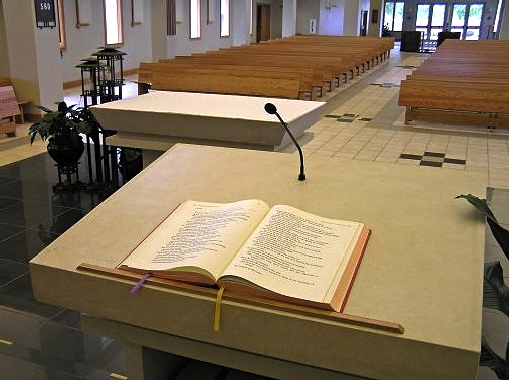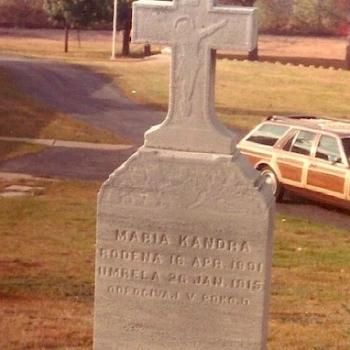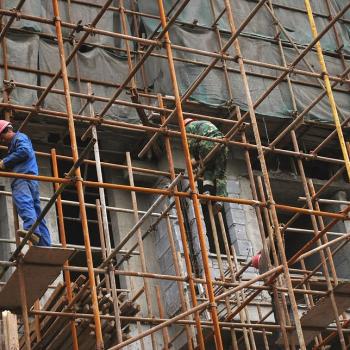I received the following e-mail this morning:
Dear Deacon Greg:
Today during Mass our pastor read your homily for the 22nd Sunday in Ordinary Time, with hardly a word changed and without acknowledging that someone else had written it. This is at least the third time this has happened, and it appears to me that the pastor almost never writes his own homilies.
I do not want to be uncharitable, but this does not seem right to me. What I was wondering is, is this a common practice for Catholic priests and deacons? I would just like to get some sense of whether this is acceptable or not from an “insider’s” point of view. I cannot think of anyone else I can ask who might be familiar with the expectations and practices within the church.
Thanks for any guidance you can offer.
This is a subject that has come up before. Last year, I even wrote about how, personally, I don’t really mind if others use my work.
Whether it’s “acceptable,” on the other hand, is something else. (And a reader responded on that issue, too.) If you search the web, you’ll find a lot of opinions about “pulpit plagiarism.” I suspect it is more widespread that most priests, deacons, and Protestant ministers would like to admit, especially in the Age of Google. At the very least, an acknowledgement that the material comes from someplace else seems to me both honest and sensible. If nothing else, it’s truth in advertising. And it does no harm to admit, “While preparing this Sunday’s homily, I found this posting on the Internet and the writer captured what I want to say, and I’d like to share it with you,” and that’s that.
It also does no harm to admit every now and then that you’re human. A friend once told me about a priest who taught him in the seminary. After proclaiming the gospel at Mass one morning, this priest said, “I’m afraid my schedule was crazy this week and I didn’t have time to adequately prepare a homily. So let’s take a few moments and reflect on The Word we’ve just heard, and allow God to do the preaching in our hearts.” He sat down, and after a couple minutes of silence, Mass continued.
For some in the congregation, it may have been the best homily they’d ever heard.
Preparing a homily and preaching are skills that can be strengthened with practice, though they don’t come easily or naturally to everyone. A priest or deacon who is compassionate, prayerful, hard-working and holy can still be a dud in the pulpit. Maybe admitting that is a first step to better preaching.
In that regard, I’ll close with some sage advice from Rev. Alfred McBride, whose excellent book “How to Make Homilies Better, Briefer, Bolder” should be on every priest and deacon’s shelf.
He offers in his introduction the following simple tips:
- Link your homily to the liturgy of the day
- Make your homily relevant to the listeners
- Make only one point
- Start with a story
- Know how you are going to end.
He goes on: “Try to preach without notes. Keep eye contact with your congregation. Use lots of examples. Say the teaching and give it a word picture. Share with your people what our life experience has taught you, but don’t concentrate on yourself. Make your homily a prayer and not a performance. Use humor wisely. Don’t look for praise. Give God the glory.”
I can’t put it any better than that.
Photo: Frank Coady












